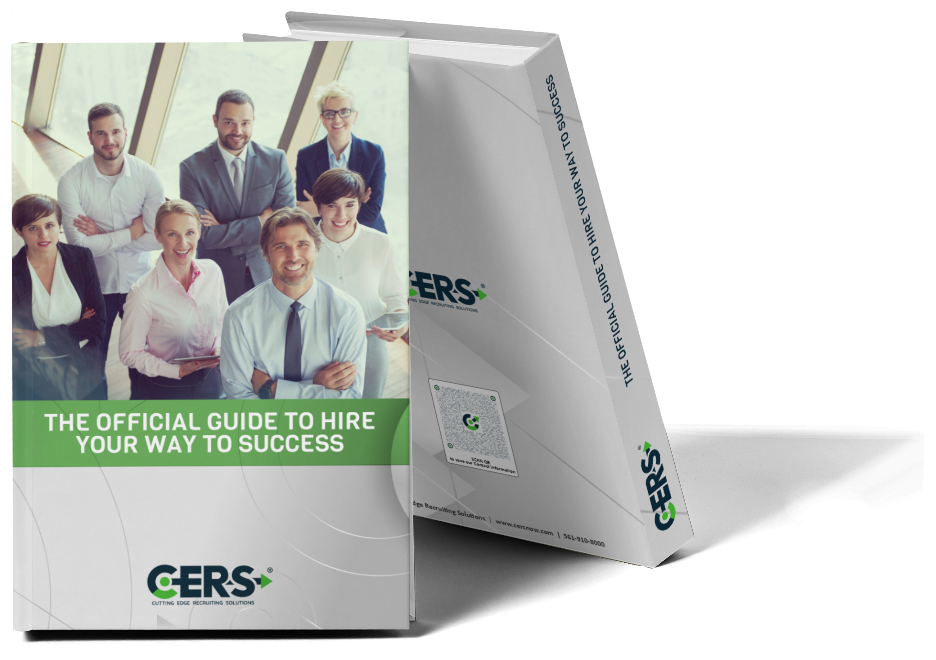Career coaches provide a range of services, from helping you figure out what you want to do to exploring opportunities for professional growth to supporting you through the ups and downs of looking for a new job. Engaging with a career coach requires an investment of time and money, so it’s important to do your due diligence to determine if working with one will help you accomplish your goals and if so, which coach might be the right fit for you. Here are five reasons you might consider hiring a career coach and five tips on how to choose one.
When do you need a career coach?
You don’t know what you want to do next.
You’re aimlessly searching LinkedIn, and every job feels like a job you can do, but you aren’t sure what you actually want to do. When family or friends try to help you narrow down your choices, their suggestions may be informed by what they’ve seen you do in the past or what’s the “easiest” career or job to move into — not necessarily what resonates with you. If you don’t know which career or job will bring you fulfillment, a coach can help you consider possibilities that might be a departure from your past experience or that you hadn’t considered.
You aren’t sure how to make your resume substantive — and also simple.
Resumes need to showcase the right skills and capabilities to do the job at the level being advertised. A career coach can help you position your skills in the context of a potential role — especially transferable ones that don’t match up exactly with what’s in the job description. Not all accomplishments, no matter how great, belong on a resume. A career coach can help you determine what experience is relevant to the job you’re applying for and simplify your resume and LinkedIn profile with one message that will position you to attract recruiters’ attention.
You aren’t over your ex — job, that is.
Maybe you have or had a job that made you angry, sad, or anxious, and you’re struggling to move on from that horrific experience. Too many people think the next job will make that negativity go away, but it’s not that simple.
For example, after a successful, decade-long career, a colleague of mine made a few bad career moves, all ending with her departing multiple companies, not always by her choice. Her confidence in being able to make good career decisions was shattered. A career coach helped her move past those repeated unpleasant experiences and review her assumptions about herself, which were not only impacting her job search but also her daily motivation and family life. She’s now happily employed and regaining her confidence under an amazing manager.
You’ve been interviewing but haven’t landed the job.
If you tend not to move to the next round of interviews after the initial recruiter screen, you make it to the next round but don’t make it past the hiring manager, or you continually come in second place at the end of the hiring process, you may need help connecting your experience to each job. A career coach can help you answer tricky questions like, “You haven’t actually done [fill in the blank] before?”, refine your answers to other common interview questions, polish your executive presence, and practice with you so you feel comfortable.
You’re not moving up in your career.
Career coaches aren’t just there to help you find a new job. Many coaches can help you understand why you aren’t advancing at your current company. Coaches can administer a 360 review or decode your performance feedback to uncover behaviors you need to adjust for continued career growth.
If you decide you need a career coach, there are five things to consider when choosing the right one for you.
How to hire a career coach
Know what type of professional you need to hire.
Career coaches help clients come to their own resonant decisions about how to “maximize their personal and professional potential,” per the International Coaching Federation. In other words, they’re there to help you figure out what you want to do and understand assumptions you’re making about yourself that are preventing you from advancing in your professional goals.
Career coaches may also provide some consulting services to achieve your goals, such as drafting your resume and helping you sharpen your interviewing skills. Importantly, career coaches should never promise they will get you a job or help you achieve a certain salary, because you hold the key to your success.
If the issues you’re trying to address extend beyond just your career, you may want to start by engaging a therapist, who can help you explore your past trauma and understand its impacts on all areas of your life, including your career.
Know which services you need and be open to services you don’t know you need.
Many people engage coaches with the goal of having a well-designed resume, thinking that’s enough to get them in the door. But no matter how well formatted, your resume won’t stand out to recruiters unless it frames your experience through the lens of the new role.
Go into your coaching relationship with an idea of what you think you need from them, but be open to their guidance about what other measures may make you more successful — for example, a values exercise to make sure you’ll be fulfilled in a new job, coaching on assumptions about your capabilities or career progression, and executive presence coaching for interviews. That said, don’t feel pressured to take assessments for additional costs or hire a coach for any area you feel confident you can own yourself.
Try sample sessions with at least three coaches to find the right one for you.
Most coaches offer free sample sessions, which will give you a clear understanding of what type of coach and coaching style work best for you. You may want a coach who incorporates specialty techniques like somatic coaching or meditative coaching, or if you have personal issues you need to resolve while also searching for a new job or career, you may want a coach who’s versatile enough to offer life coaching as well.
If you aren’t sure what you want, ask questions like: What was your greatest success in coaching? Why is your coaching better than other coaches’? Assess whether the coach “gets you” and your unique situation as they describe how they would add value to your career growth or trajectory.
Research coaches’ training, certifications, and experience.
Career coaches aren’t licensed, so anyone can call themselves one. That said, there are numerous coaching certification programs. Ask the prospective coach where they were certified, then do some research to make sure they had to go through an extensive training program and didn’t just pay for the certification. The gold standard of certifications is the International Coaching Federation certification. Having this certification means the coach is upholding a coaching code of ethics and engages in continuing education to recertify every three years. Also, determine if there’s other experience, such as HR, recruiting, entrepreneurship, or a background in your industry, that would be beneficial for your unique needs.
Consider cost, cadence, and contact.
Coaching fees are not regulated. Career coaches could charge as little as $5 when in training to more than $1,000 per session. Sessions range from 30 minutes to one hour. Some coaches charge extra for resume revisions, whereas others include that in the overall price. Understand exactly what you’re receiving for the cost. Also, know how often you’ll meet either in person or via telephone or video and whether the coach will answer questions outside of scheduled sessions.
Once you’ve gathered all this information, you can determine if career coaching and a specific coach is right for you. But before deciding to hire a coach, make sure you’re ready and willing to put in the work, because only you can achieve your goals.
Source: Harvard Business Review









